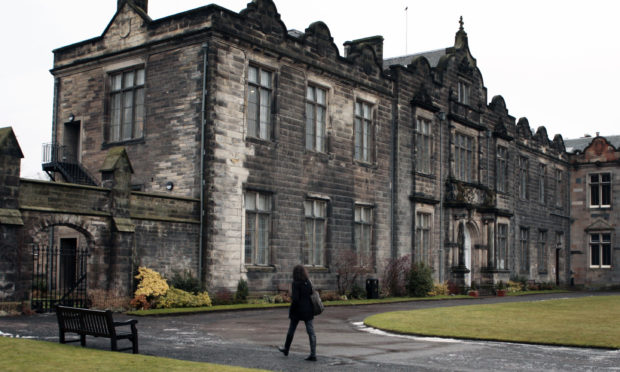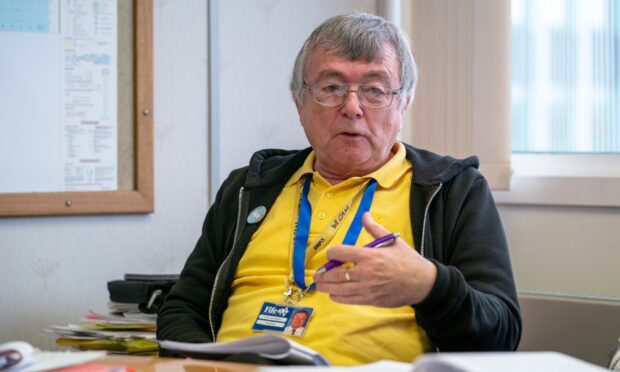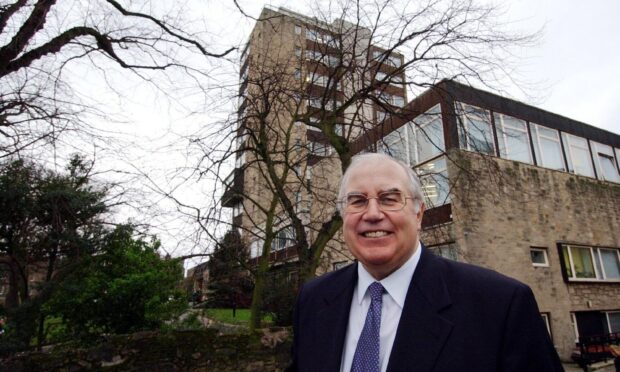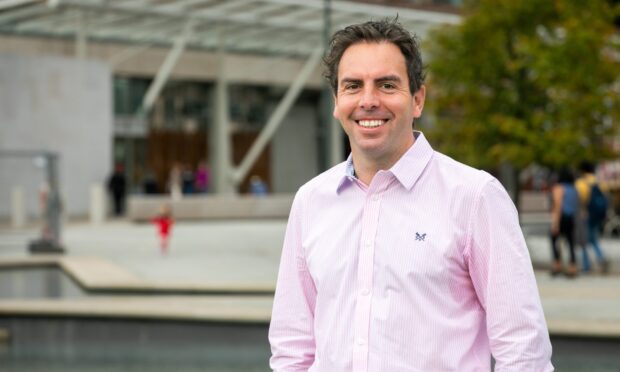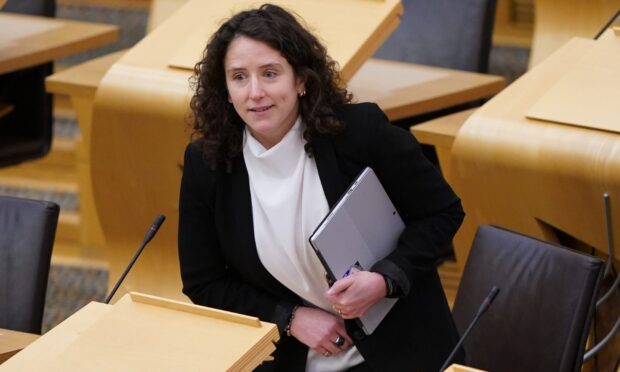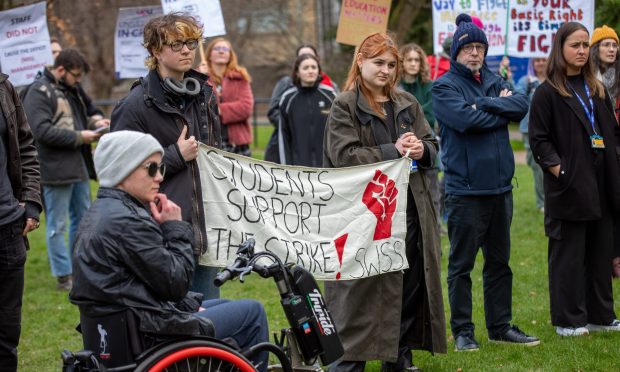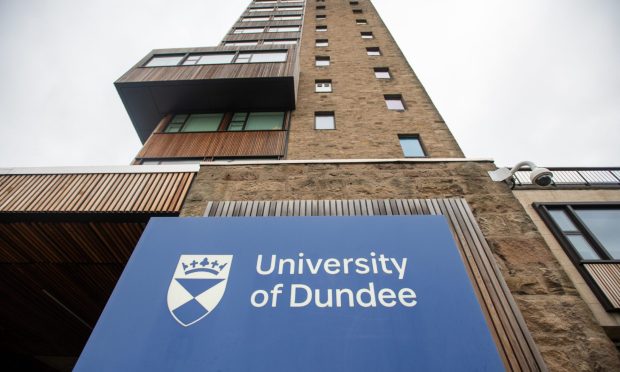Scotland’s equality tsar warned of middle class bias in its ancient universities as he likened the discrimination to “institutional racism”.
Rebuking the efforts of university bosses, Professor Sir Peter Scott said the prejudice ingrained in higher education against those from poorer backgrounds “has to change”.
St Andrews returned fire suggesting Sir Peter had ignored the reforms that have been rolled out across the sector to support those from deprived backgrounds.
The Commissioner for Fair Access said “under-performance” from poorer students may be linked to the way they are assessed – saying it is “deeply interwoven with largely unacknowledged assumptions about behaviour linked to class and culture”.
He said it is widely recognised that “institutional racism” can be so “deeply entrenched” in an organisation that it is hard to identify.
Sir Peter added: “But there is a reluctance to accept the same is true of class.”
The commissioner, who is a former vice chancellor and Oxford graduate, spoke out as he published a report showing most students from poorer areas studied at newer universities, rather than the more prestigious ones such as Edinburgh and St Andrews.
Students from deprived backgrounds – the 20% of poorest areas as identified by the Scottish Index of Multiple Deprivation (SIMD) – were also more likely to drop out, with retention rates typically about five percentage points lower than for other students.
Meanwhile, fewer than half (47%) of students from the poorest areas achieved a 2:1 honours degree or better, compared to 63% from other parts of the country.
Sir Peter said universities need to ask questions such as whether their courses place too much emphasis on “elite knowledge” and if lecturers’ assessments of what makes a “good” student is based on their own experiences of privilege.
Higher education minister Shirley-Anne Somerville called on universities to do more to support students from the most deprived backgrounds.
A spokesman for St Andrews University said: “It is not a question of whether higher education has to change, higher education in Scotland is changing, and in some areas, quite rapidly and significantly.
“Almost half of all Scottish students admitted to St Andrews this year 2017/18 come from deprived areas, had a background in care, were in receipt of free school meals or came from a low progression school. That figure has grown from 39% to 49% in the space of a year.”
The spokesman added St Andrews has one of the lowest drop-out rates in Europe.
